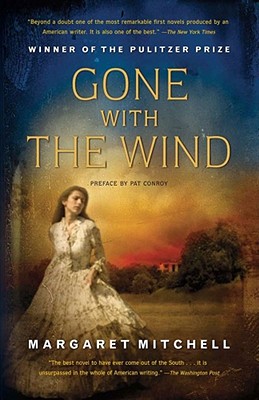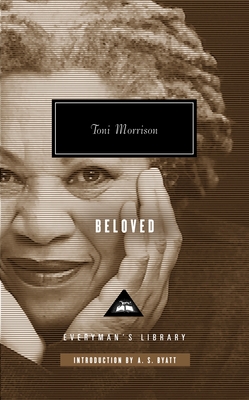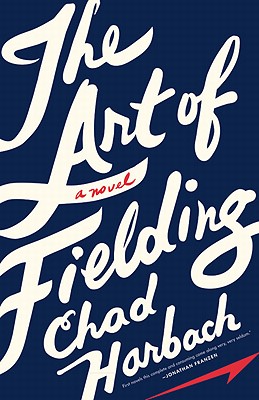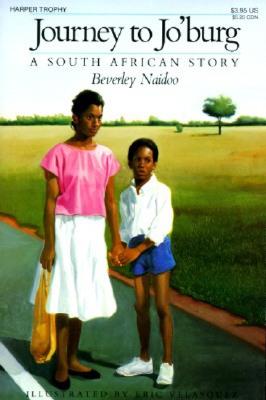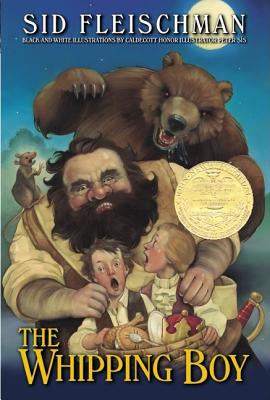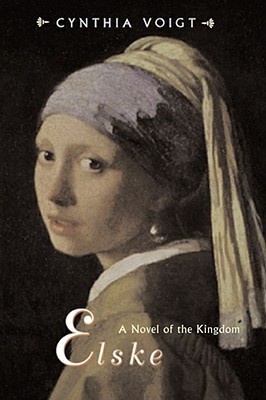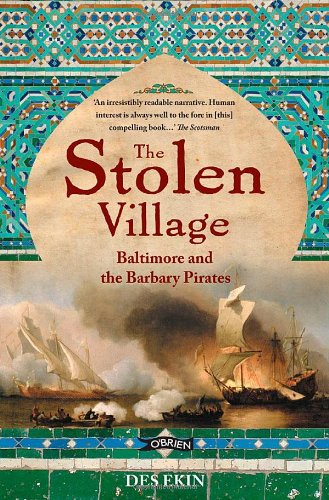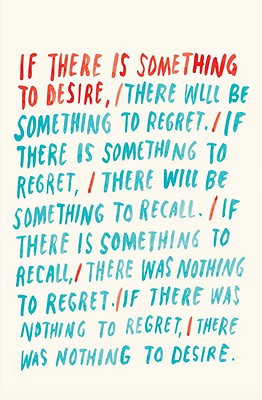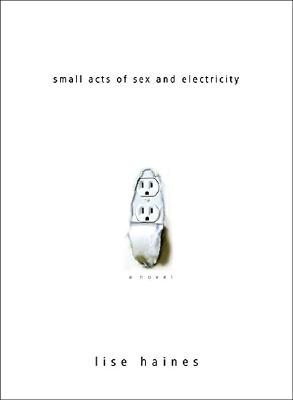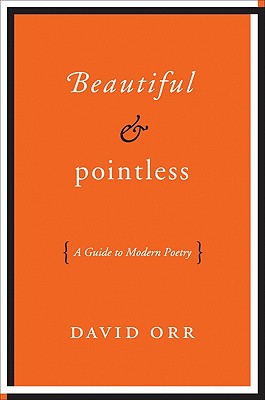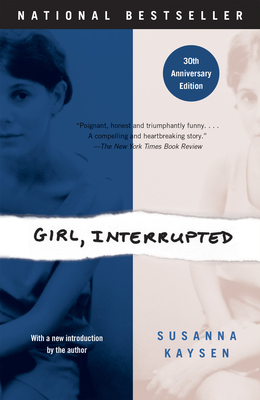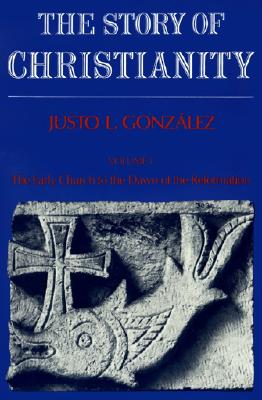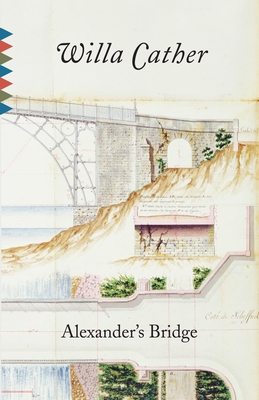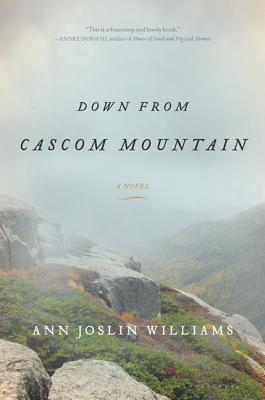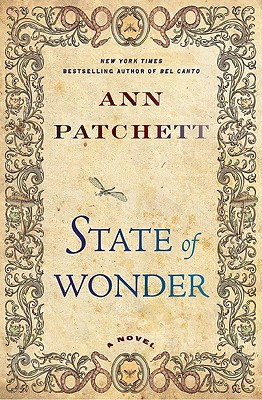The Broke and the Bookish bring up a subject this week that I've been thinking about lately: Required High School Reading. There are many different opinions on what should be required of our teens (and why) and I've found that my own opinion has evolved over time. There is certainly some credence to the idea that high school may be the last opportunity to expose students to the classics, but there is also validity to the idea that reading should be fun...too often schools seem to go to extremes: Homer or Harry Potter, Les Miserables or The Lovely Bones. I think that a balance can be found if we simply view high school as a continuation of the younger grades: an effort to instill a love of learning and a foundation for the things life holds, rather than a last ditch effort. I wonder how many of our own High School English Horror Stories would have been different if the focus was more on opening minds instead of pounding knowledge into them.
All this to say that if I had to choose 10 books that I'd like
my kiddos to have read by the time they graduate high school, (I admit that it is far easier to come up with a Top Ten for
my kiddos than it is for
every American teen in existence) I think I would approach it in a way that would show them possibilities, giving them a taste of what else is out there. There is room in AP courses to go crazier on the classics, and room in daily life to enjoy the ultra-popular-current-books, room in other core classes to delve into cultures and history, so these books attempt to show the approachable side of quality literature.
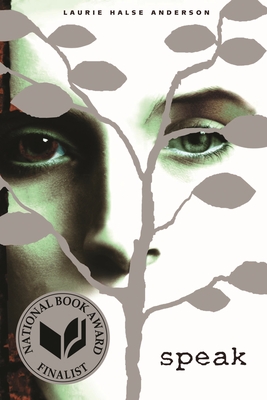
 Speak
Speak(Laurie Halse Anderson) YA literature is a huge part of the modern reading diet. At its core I think the trend shows a desire for creativity and adventure, a new way of telling a story, and Speak is an extremely well written example. Discussion points (beyond exploring trends in literature) are multitudinous, from society & peer pressure to psychology and trauma, even family life and the role of education.
 The Diary of a Young Girl
The Diary of a Young Girl (Anne Frank) The [historical, cultural, ethical]

value of this book is obvious, the fact that it was written by a young girl makes it easier for young people to identify with, while also being good exposure to nonfiction written in diary form. Being able to find a connection to someone in a different time or situation is an important life lesson. Nobody is ever to old to read this one.
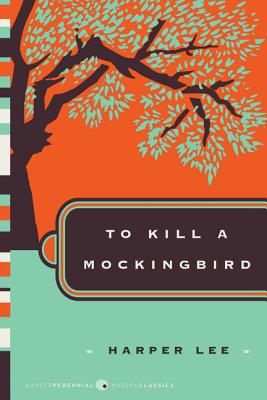
 To Kill a Mockingbird
To Kill a Mockingbird(Harper Lee) One of the brilliant things about this book is the deceptive simplicity. Sure it teaches an important aspect of American history and challenges you to think about your opinions on society, but it is also a great example on how a piece of literature can be enjoyable on many different levels.
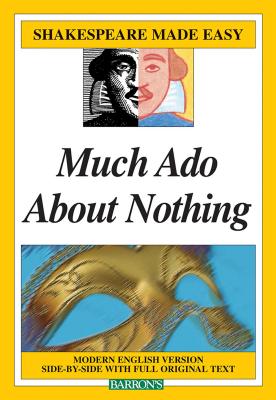 Much Ado About Nothing
Much Ado About Nothing (Shakespeare classic, play, humor) I'm

not a huge Shakespeare fan, but I do think he's a "must", and Much Ado About Nothing just seems like more fun than some of the others. Personally, I would choose the Shakespeare Made Easy version, because I love how it has a side-by-side comparison of the original language and a modern interpretation. If the point is to show them that Shakespeare doesn't have to be a drag, this is a great way to do it.

 The Importance of Being Earnest
The Importance of Being Earnest(Oscar Wilde) I settled on this book for a couple of reasons. First, the wit and use of language is delightful. Second, there is humor throughout, and it isn't very long. Third, it shows the lifestyle and writing style around the turn of the century--a pivotal point for modern literature. There are so many other books that could fill this last purpose (Fitzgerald, Woolf, etc.) but I think that Wilde livens it up a bit.
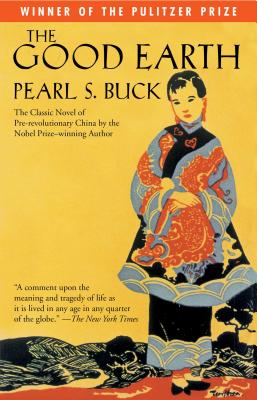 The Good Earth
The Good Earth (Pearl S. Buck) As the winner of the Pulitzer Prize, and

an incredibly easy way to understand a culture so very different than modern America, this book has much to offer. Prize winners can be intimidating (or off-putting) for many, and while I can't say that I've loved all the prize winners I've read, there certainly are many worth reading. The Good Earth is one of those rare books that makes an alternate universe (so to speak) seem as familiar as your own home. I'm a great fan of complex simplicity, and this is a perfect example of just that.
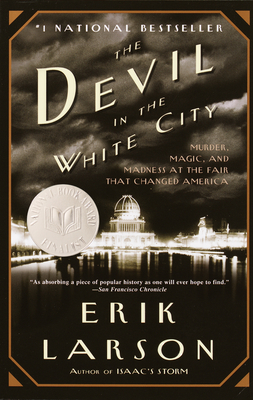
 The Devil in the White City
The Devil in the White City(Erik Larson) Because it is easy to brush off nonfiction as boring, I think exposure to some interesting topics is important. Something by David McCullough perhaps, or maybe C.S. Lewis, Erik Larson, or even Bill Bryson...but something nonfiction, preferably non-memoir (simply because the point for me is realizing you can continue to learn, even outside of school.)
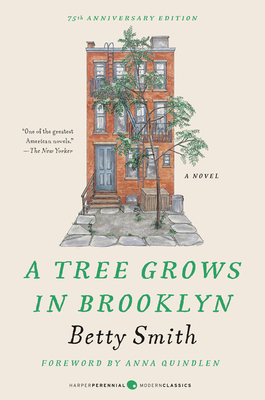
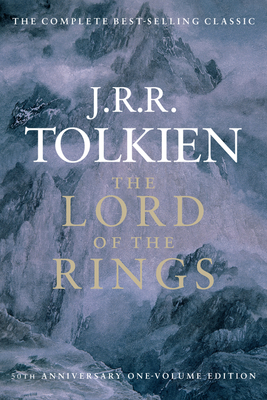 A Tree Grows in Brooklyn
A Tree Grows in Brooklyn (Betty Smith) or
Lord of the  Rings
Rings (J.R.R. Tolkien) Very different books, I know, but I'm thinking of the boy/girl factor. I just

know that I couldn't finish LOTR (no, not even the movies) and my husband wouldn't make it through more than a couple of minutes of A Tree Grows in Brooklyn...but in a way, I think that they accomplish similar things. They bond you to a character and put good and evil into perspective, getting you to think about why things are good/bad and what you can do about them.
 The Three Musketeers
The Three Musketeers (Alexander Dumas) Here's a classic from

somewhere in between Shakespeare and Wilde, chronologically speaking, that exhibits a similar appreciation for humor while adding in plenty of adventure. Pretty much everybody is familiar with the story, which allows the reader the opportunity to pay a little more attention to the writing.

 Short stories
Short stories: Flannery O'Connor or Haruki Murakami would be great options for interesting, quality short stories, although there are plenty to choose from. Short stories can often be more thought provoking than a full length novel, and lets face it: being quick to read makes them enticing for many readers.
This list might not work for every teen in every situation, but overall I think I stuck to my goal of finding quality literature that encourages a desire to continue learning. Have you made a list for this week's Top Ten Tuesday or thought about how you would go about it? What do you think the purpose is (or should be) of having required reading? Is there something you would add to (or subtract from) my list?
